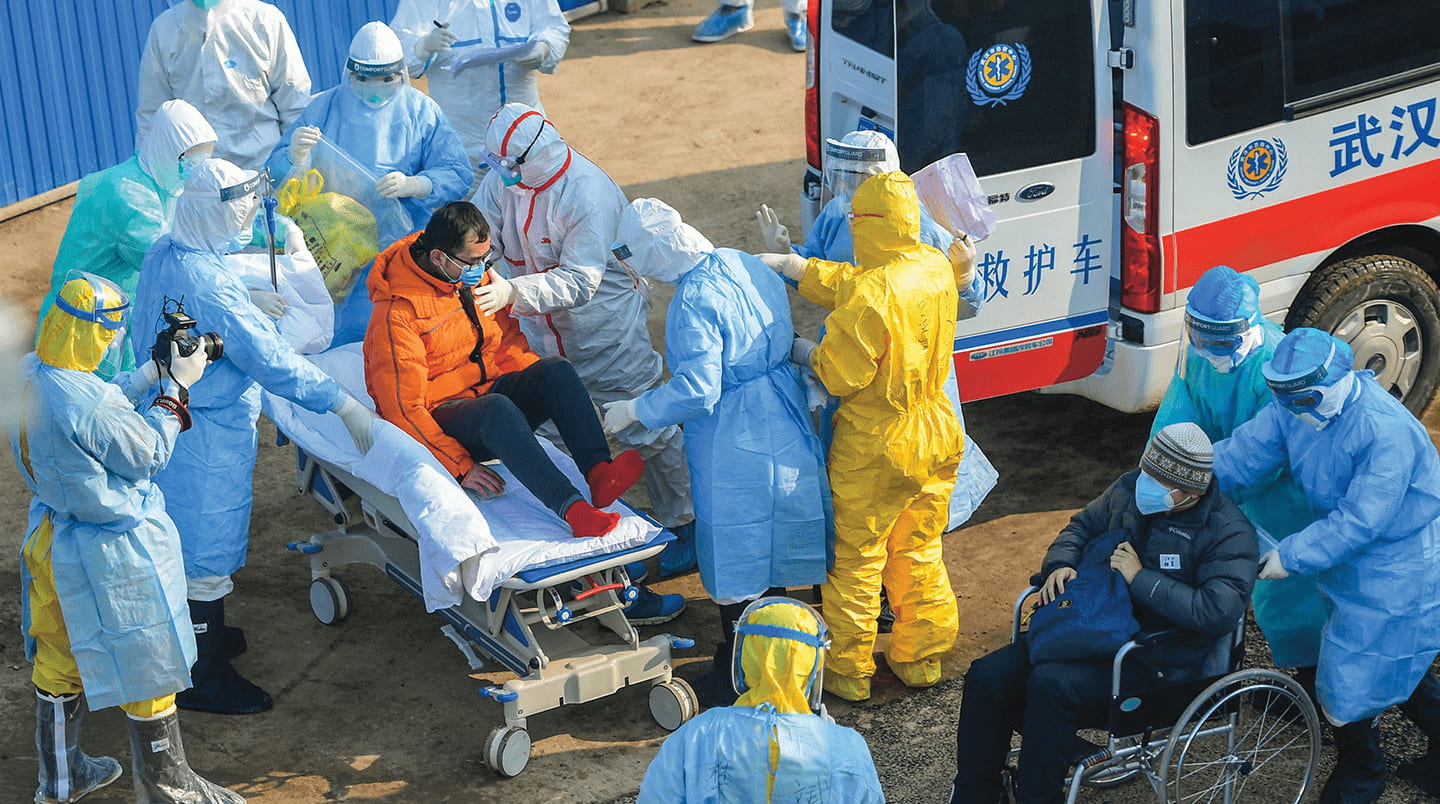The following story was updated on May 28, 2020.
Life in America—and around the world—has been seriously disrupted by the new coronavirus. As the illness continues to spread, nearly all schools across the country have been closed, along with many businesses. People have been told to stay home as much as possible. Chances are you’re now spending your days tackling online lessons, texting friends instead of hanging out with them, and getting a lot of family time.
As you adjust to life during this health crisis, it’s normal to feel anything from worried to bored—and to wonder when this new reality will end. You likely have other questions too. What exactly is this health threat? How can you stay healthy? And what might life be like in the coming weeks? JS editors are here to help with some answers.

